The gambling landscapes of Singapore and Malaysia, while geographically close, are shaped by distinct cultural, legal, and economic influences. These differences are reflected in the two countries’ regulatory frameworks, social attitudes, and economic approaches to gambling. In this article, we’ll explore how these factors influence the gambling industries in Singapore and Malaysia, providing a comprehensive look at the unique dynamics at play.
Regulatory Frameworks
In Singapore, gambling is tightly regulated under a strict legal framework that balances economic benefits with social safeguards. The Casino Regulatory Authority (CRA) and the Gambling Regulatory Authority (GRA) serve as the key overseers of all gambling-related activities. Their goal is to ensure that these activities are conducted transparently, free from criminal influence, and with a strong focus on social responsibility.
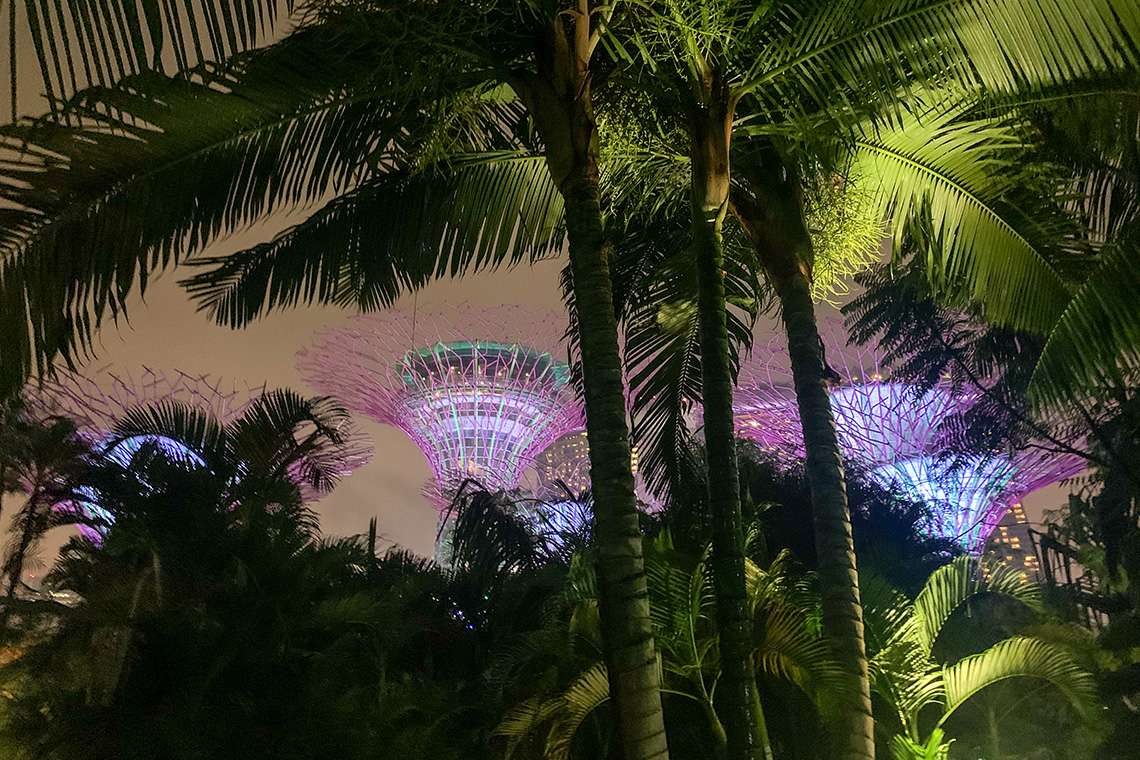
The primary laws governing the industry are the Casino Control Act and the Gambling Control Act, which allow for the operation of integrated resorts such as Marina Bay Sands and Resorts World Sentosa. These resorts, featuring luxury accommodations, gaming, and entertainment options, have become vital to Singapore’s tourism sector, drawing millions of visitors each year.
When it comes to online gambling in Singapore, the landscape is a little more restrictive. The Remote Gambling Act of 2014 largely prohibits online gambling. Despite the strict regulations on an online casino in Singapore, many locals continue to use offshore gambling sites. According to Amit Mehra, author at Outlook India news magazine, these casinos provide a wider variety of games and potentially better odds compared to the limited offerings of legal operators in Singapore. This diversity can be appealing to gamblers seeking more excitement and variety.
Malaysia’s gambling regulations are shaped by both secular laws and Islamic principles, given the country’s predominantly Muslim population. The legal framework includes the Betting Act 1953 and the Common Gaming Houses Act 1953, which govern gambling activities. Additionally, Sharia law plays a significant role for the Muslim population, which forms the majority in Malaysia. Under Islamic law, gambling is strictly prohibited, and Muslims found engaging in such activities face severe consequences.
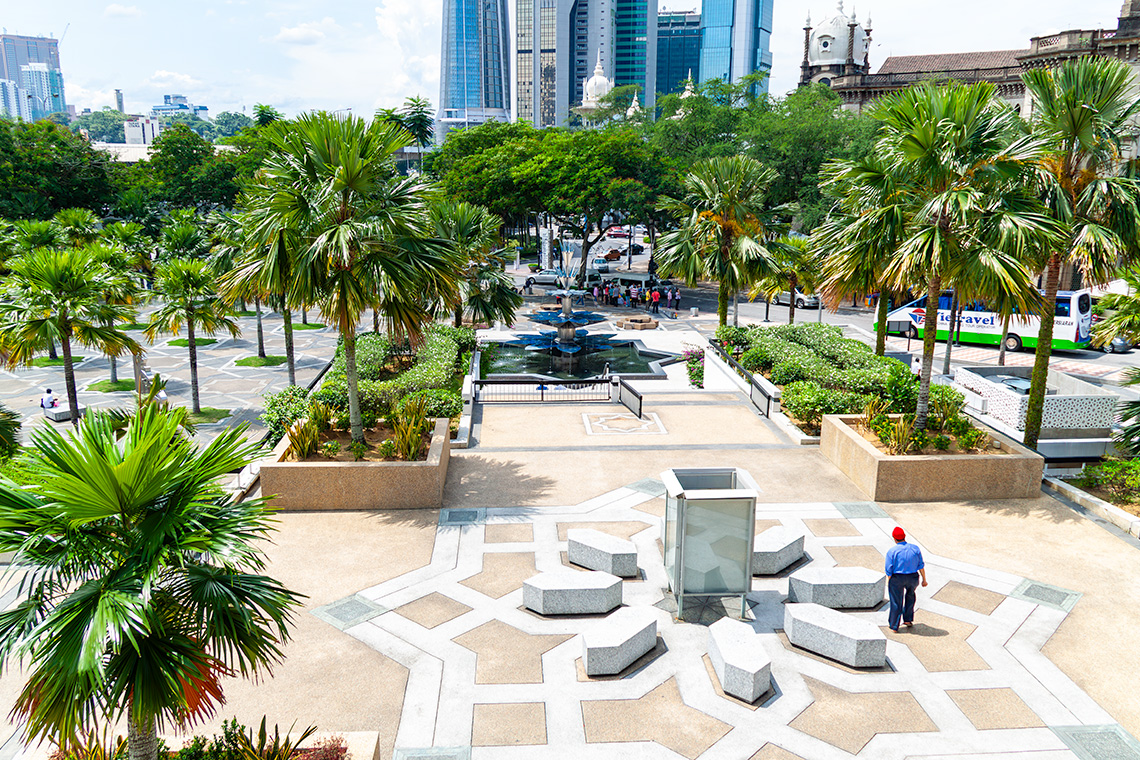
Non-Muslims in Malaysia have access to limited legal gambling options, most notably through Resorts World Genting, the country’s only licensed casino. Online gambling in Malaysia remains illegal, however, there is an ongoing debate about updating gambling laws to regulate online gambling, which could potentially increase tax revenue while addressing moral and social concerns.
Cultural Influences
Culturally, gambling in Singapore doesn’t carry a significant stigma due to the government’s efforts to regulate it within a defined legal framework. Gambling is viewed pragmatically, where the government uses it as a tool for economic growth while implementing comprehensive measures.
The entry levy imposed on locals entering casinos is one such measure, discouraging frequent visits and promoting responsible gambling behavior. Singapore’s approach demonstrates a careful balancing act between economic progress and social responsibility, ensuring that while gambling is permitted, it doesn’t lead to widespread social issues.
Gambling in Malaysia, on the other hand, is a culturally sensitive topic, heavily influenced by religious beliefs and societal norms. Islam’s prohibition of gambling creates a significant social stigma around the activity, especially for Muslims. Religious leaders frequently condemn gambling, and there are widespread efforts within the Muslim community to discourage participation in any form of betting or wagering.

Gambling remains popular among the country’s non-Muslim communities, who often see it as a form of entertainment or even a pathway to financial success. Traditional games and betting activities are still embedded within certain cultural practices, particularly in Chinese communities where gambling during festive seasons like Lunar New Year is a common tradition. Despite these activities being technically illegal, they persist due to cultural acceptance and are often seen as harmless fun rather than serious vice.
Economic Implications
Singapore’s gambling industry is a major contributor to the national economy. The integrated resorts, particularly Marina Bay Sands and Resorts World Sentosa, have established Singapore as a leading tourist destination in Asia. These resorts do more than just generate revenue through gambling; they attract a wide range of tourists with their luxurious hotels, world-class entertainment, and premium shopping experiences. This multifaceted approach ensures that while gambling is a significant income stream, it is part of a broader economic strategy aimed at bolstering Singapore’s status as a global hub for tourism and business.
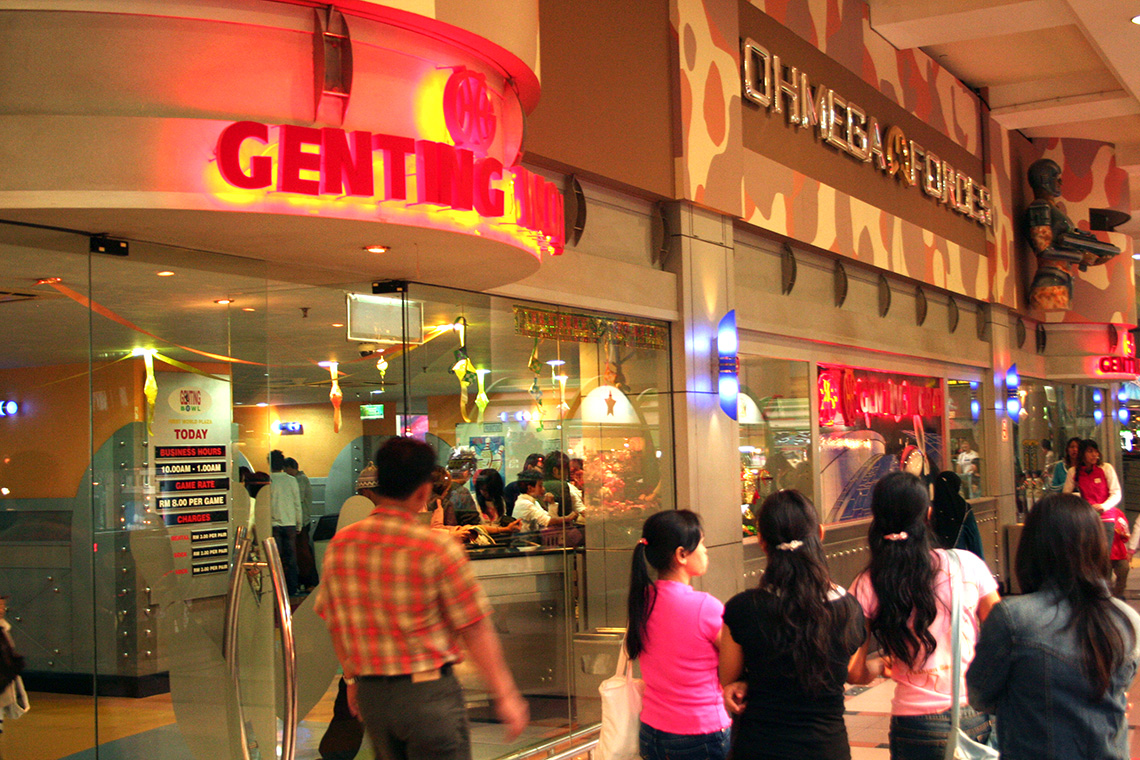
The economic impact of gambling is more limited, primarily due to the restrictive legal environment. Resorts World Genting is the main contributor to Malaysia’s gambling revenue, attracting both local and international tourists. However, its economic contribution is curtailed by the prohibition on Muslim participation and the lack of other legal gambling options in the country. This limitation has sparked discussions on whether liberalizing gambling laws could open up new revenue streams for the government.
Conclusion
The gambling landscapes of Singapore and Malaysia provide a fascinating contrast in how cultural, legal, and economic factors influence national policies. Singapore’s well-regulated gambling sector reflects a pragmatic approach that balances economic goals with social safeguards. Meanwhile, Malaysia’s more restrictive environment is deeply rooted in religious principles, leading to a cautious and limited approach to legal gambling. As both countries continue to navigate the challenges and opportunities presented by evolving gambling trends, their distinct approaches will likely remain shaped by their unique societal values.
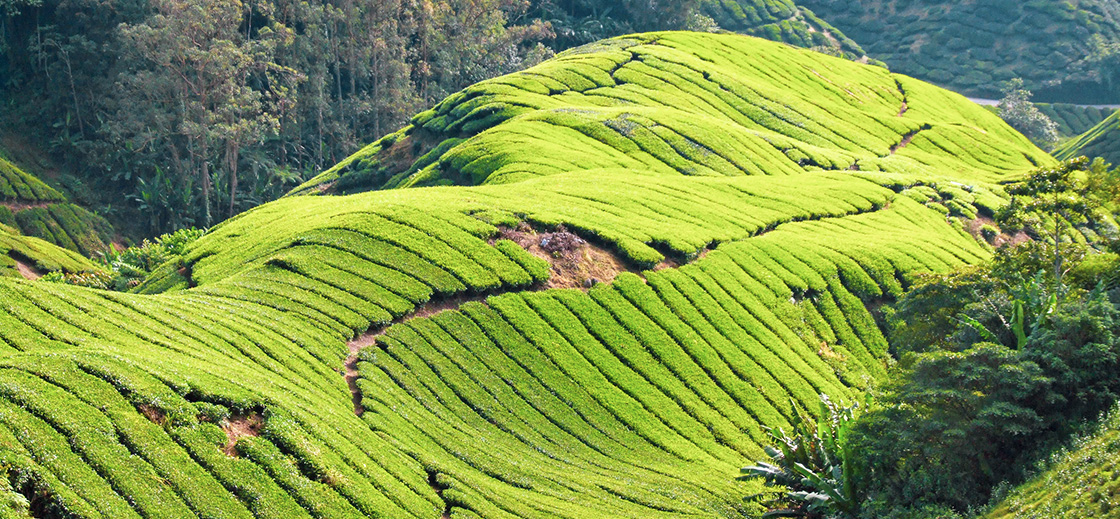

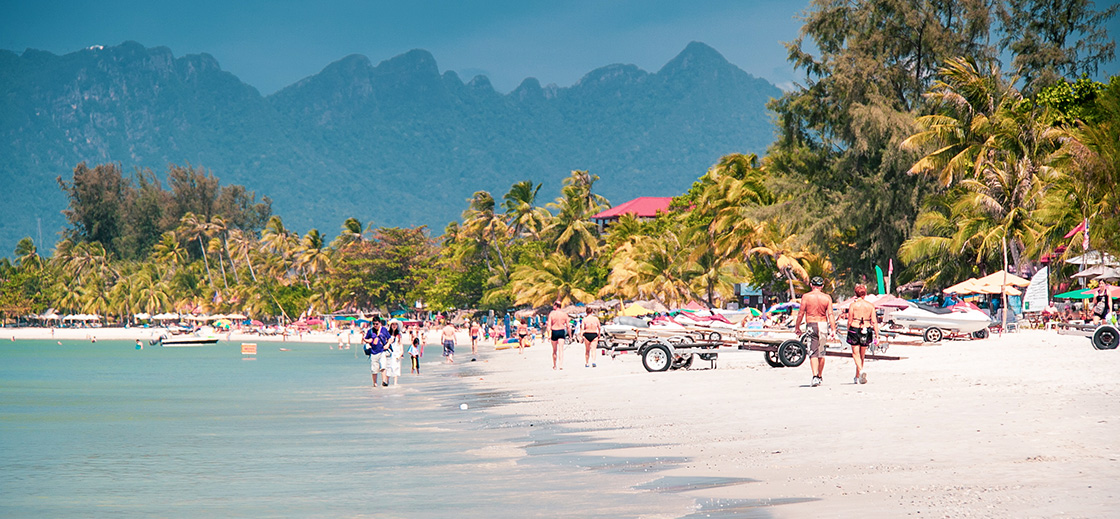

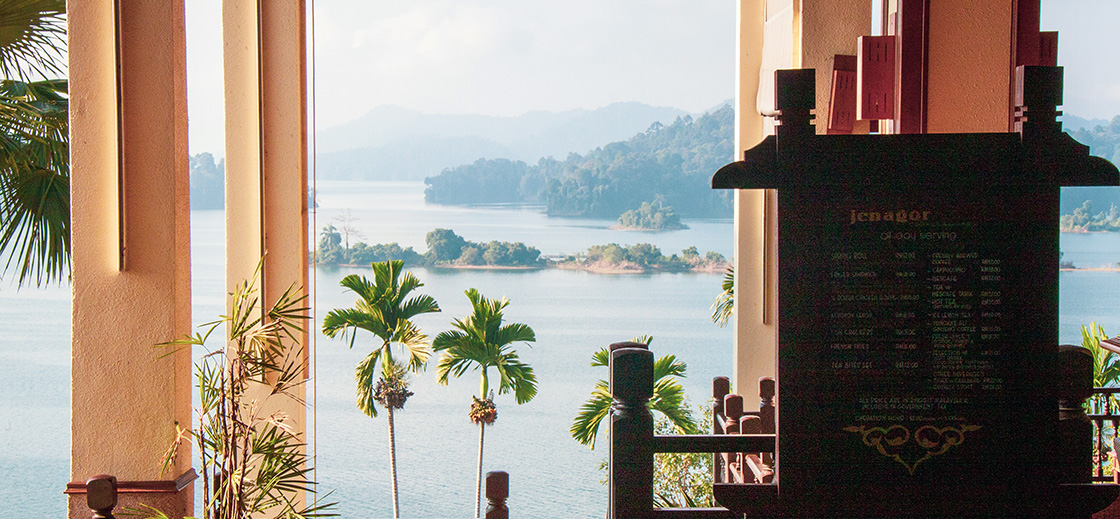
slope
1 year ago
November 26, 2024 at 6:26 am
Do you like Singapore’s food? I love it